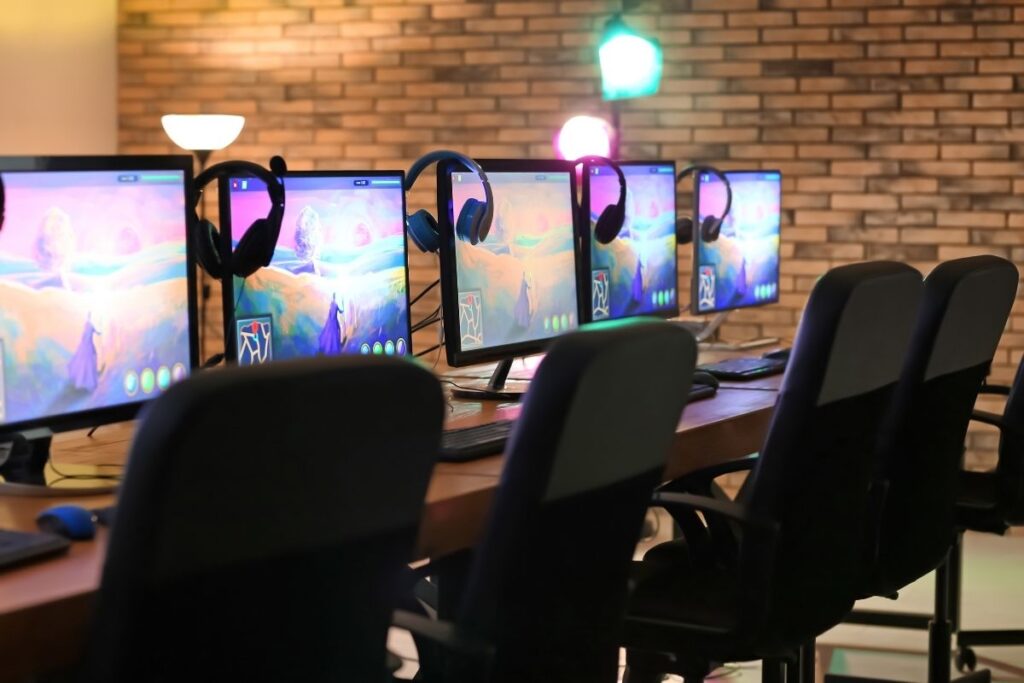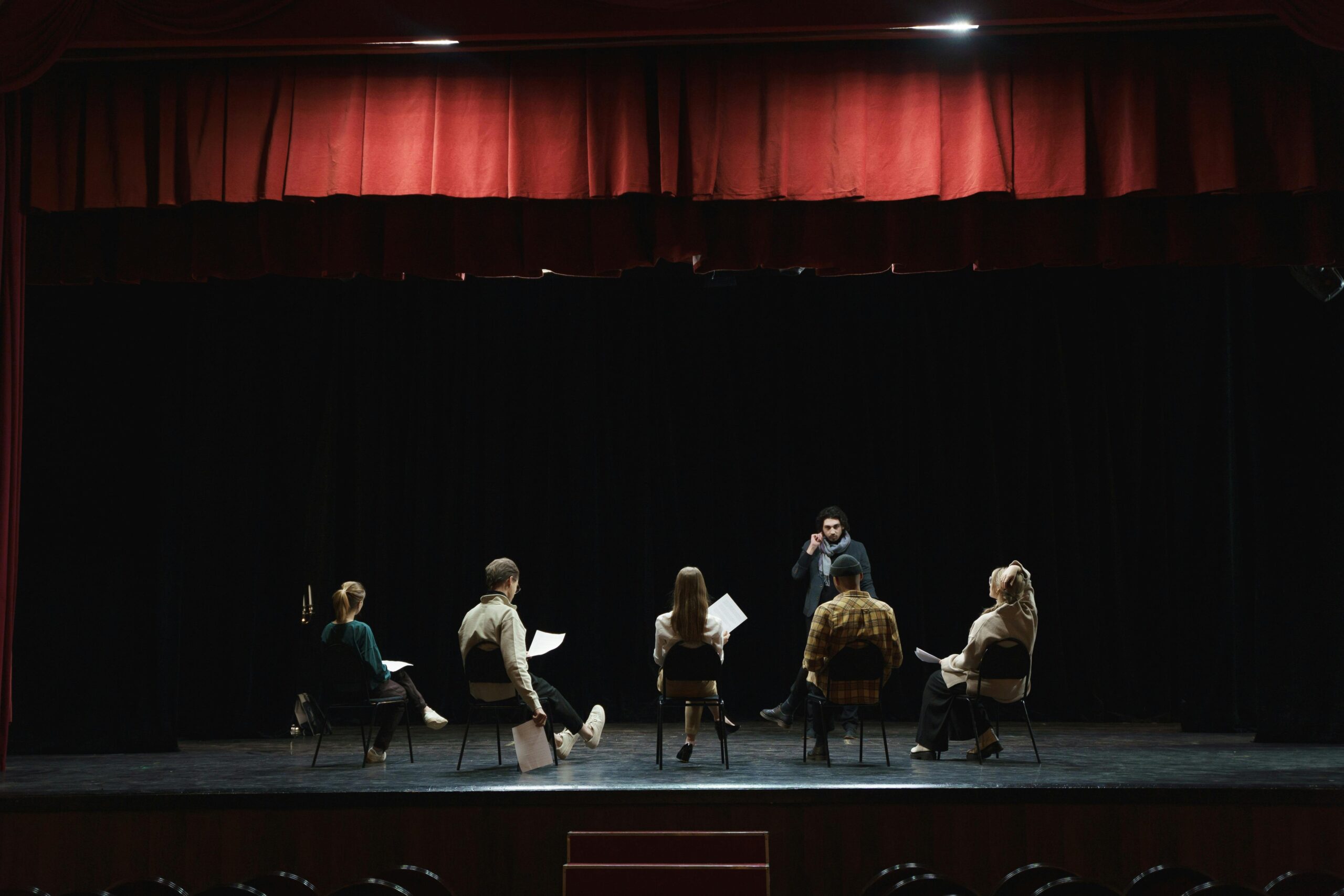How do problematic social issues manifest within the gaming community? According to Maria Hwang, some game characters play off of racist and sexist stereotypes. She also points out issues in the way gamers and fans interact with each other. “There’s a cyberbullying aspect in online communities, and that includes game communities,” she notes.
Hwang highlights the novelty of humanity’s relationship with immersive digital technology as a possible contributing factor. “We’re still in a transition period where we don’t truly understand the distinction between our online and offline lives,” she continues. “As we define what that means and whether our online alter egos are distinct or just continuations of who we are, things will change. For now, though, the idea of embodying new characters and exploring virtual worlds is still a relatively new concept. Cyberbullying may be prevalent because people think that these experiences aren’t real, even though virtual reality is as close to real as entertainment media can get.”
These misconceptions find parallels in the disconnect between people’s actions and their outcomes – Some gamers conclude they can do whatever they want without ramifications. “There are consequences,” cautions Hwang, “but they’re often harder to observe or less tangible than what one might experience in real life.”
Hwang also says that profit motives play a role. “Some people want to capitalize on troublesome things, such as heavily accentuated, hypersexualized portrayals of female characters similar to those found in lingerie commercials and modeling.”
Despite such negatives, Hwang points to a hopeful future. “As we move forward, we constantly reconsider the fluidity between our online and real-life identities. This makes us better equipped to address cyberbullying, stereotyping, and other problems. I believe the gaming and online communities will follow suit, but things are definitely not ideal at the moment.”







